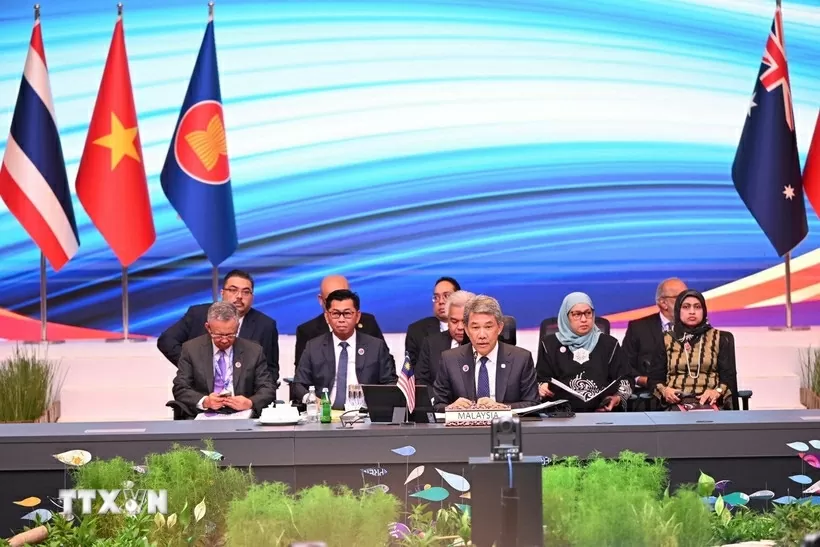 |
| Malaysian Foreign Minister Mohamad Hasan (center, front row) chairs the 15th East Asia Summit Foreign Ministers' Meeting on July 11 in Kuala Lumpur, Malaysia. (Source: VNA) |
In Kuala Lumpur, in the Chairman’s Statement of the Association of Southeast Asian Nations (ASEAN) 2025 following the EAS-15 Foreign Ministers’ Meeting, the ministers highlighted the role of the EAS in promoting peace, stability and economic prosperity in East Asia, in line with the ASEAN Charter, the Treaty of Amity and Cooperation (TAC) and the ASEAN Outlook on the Indo- Pacific (AOIP).
The Ministers reaffirmed that the EAS must remain open, inclusive and ASEAN-centric, while maintaining a rules-based regional architecture based on international law and the United Nations Charter.
EAS-15 also stressed the importance of promoting strategic trust and ensuring responsible, transparent and predictable actions among countries, with full respect for sovereignty and territorial integrity.
In the context of global turmoil, the Ministers affirmed the urgency of strengthening the relevance and effectiveness of the EAS, especially as the EAS is heading towards its 20th anniversary.
The Ministers reaffirmed ASEAN's central role as the convener of regional strategic dialogue, emphasizing the value of confidence-building measures and preventive diplomacy in maintaining peace and stability in the Indo-Pacific.
The ministers also called for deeper cooperation through ASEAN-led mechanisms and closer coordination among existing regional institutions to avoid duplication and promote cohesion in addressing regional challenges.
The EAS-15 Foreign Ministers' Meeting Chairman's Statement said the ministers also expressed concerns over a number of regional and international developments, and called for peaceful solutions in compliance with international law.
Regarding the East Sea, the ministers reaffirmed the importance of maintaining peace, security, stability, safety, and freedom of navigation and aviation.
Several ministers expressed concerns over incidents that erode trust and confidence and may undermine regional stability. Ministers stressed the importance of non-militarization, self-restraint and peaceful resolution of disputes in accordance with international law, including the 1982 United Nations Convention on the Law of the Sea (UNCLOS).
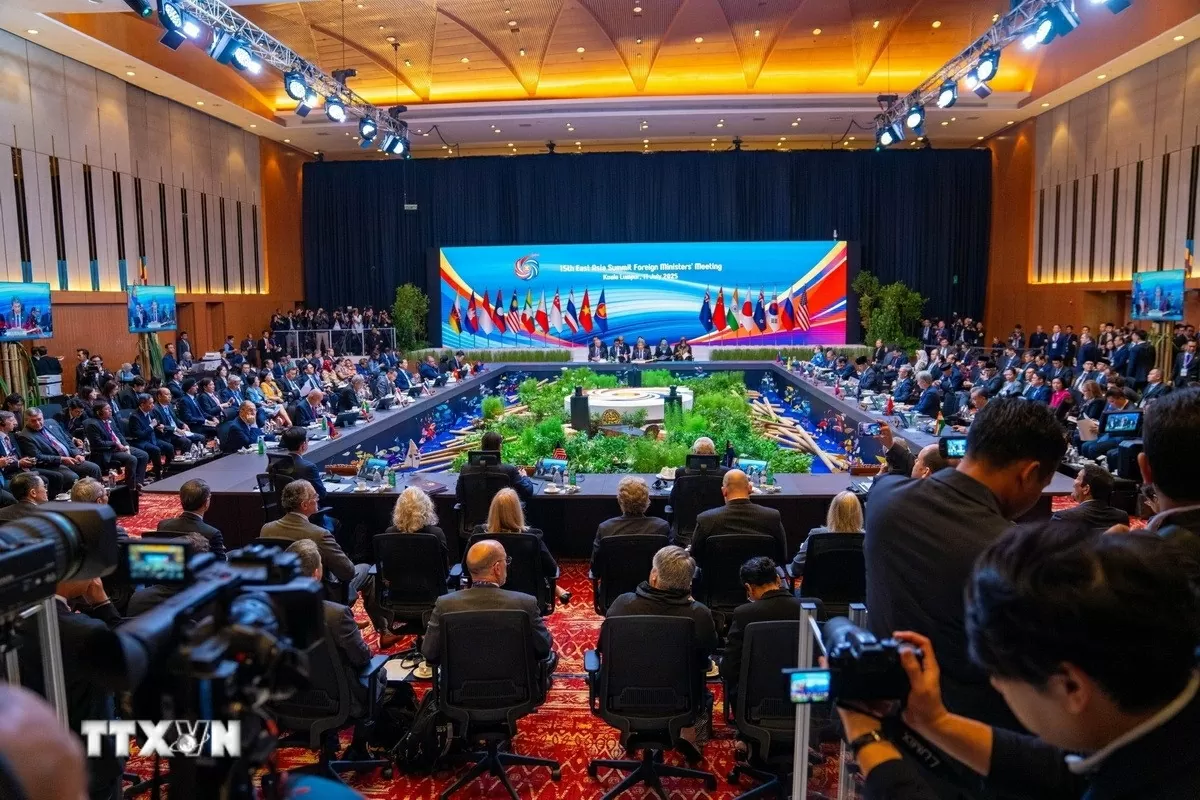 |
| The 15th East Asia Summit Foreign Ministers' Meeting on July 11 in Kuala Lumpur, Malaysia. (Source: VNA) |
The ministers welcomed progress in negotiations on the Code of Conduct in the South China Sea (COC).
Regarding the Middle East, the ministers expressed deep concern about the ongoing tensions and the deteriorating humanitarian situation in the Gaza Strip.
The conference called for immediate and sustained humanitarian access and urged all parties to support ceasefire efforts in accordance with UN Security Council Resolution 2735.
The ministers condemned the attacks on civilians and civilian infrastructure, calling for the unconditional release of all hostages.
The conference reaffirmed its support for the rights of the Palestinian people, including the two-state solution, and took note of recent judgments and opinions of the International Court of Justice (ICJ) and United Nations resolutions.
Several ministers expressed concern about the escalation of tensions following Israel's attack on Iran on June 13 and welcomed the ceasefire reached on June 24, brokered by the United States and Qatar.
The conference called on all parties to respect the ceasefire and resolve differences peacefully, while protecting civilians in accordance with international humanitarian and human rights law.
On July 11, Malaysia hosted the EAS-15 Foreign Ministers' Meeting chaired by Foreign Minister Mohamad Hasan, bringing together 18 EAS participating countries to review cooperation and exchange views on important regional and international developments.
The EAS, launched in 2005, continues to play a pivotal role in shaping the strategic and economic landscape of the Indo-Pacific.
Participating in EAS are 10 ASEAN countries and 8 ASEAN dialogue partner countries (Australia, China, India, Japan, New Zealand, South Korea, Russia and the US).
Source: https://baoquocte.vn/cung-co-tinh-phu-hop-va-hieu-qua-cua-eas-khang-dinh-vai-tro-trung-tam-asean-trong-doi-hoai-chien-luoc-khu-vuc-320904.html








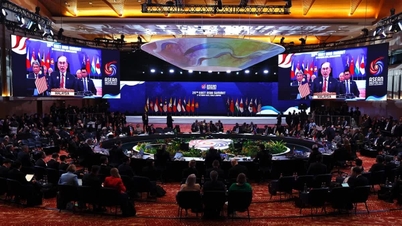
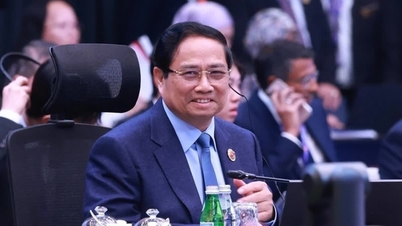
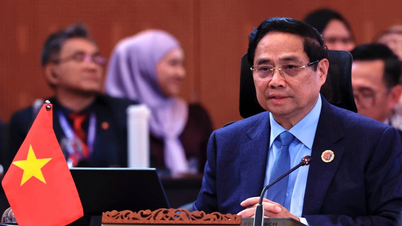

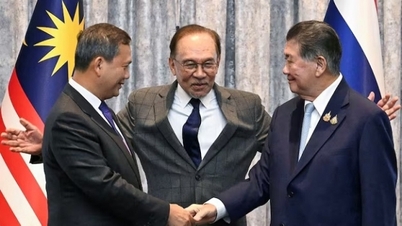
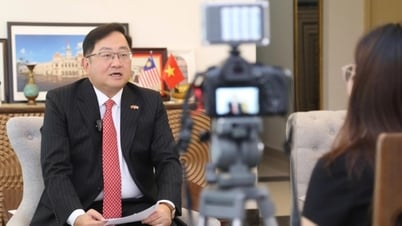
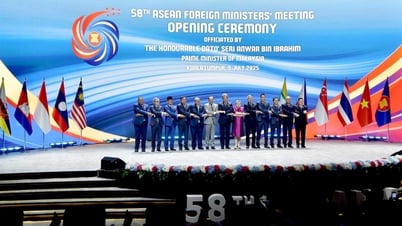
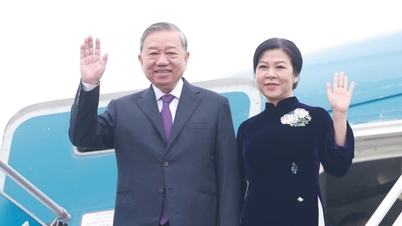

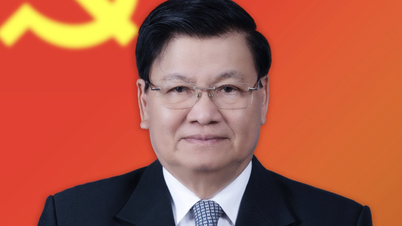
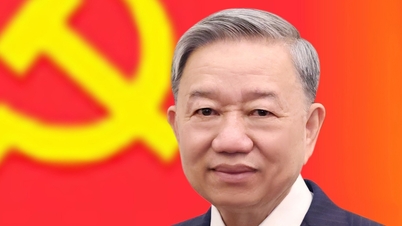
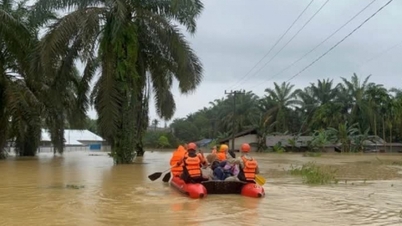
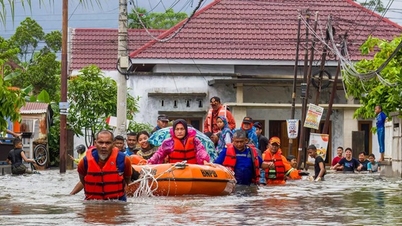

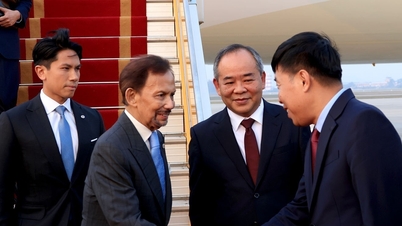




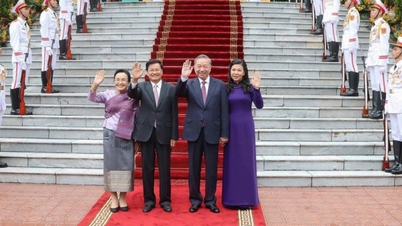
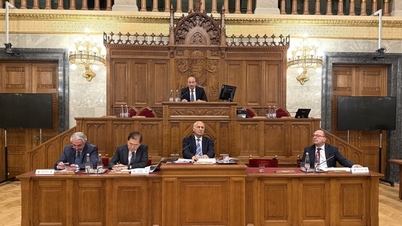
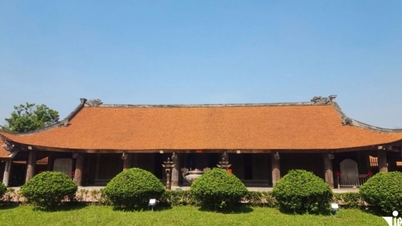
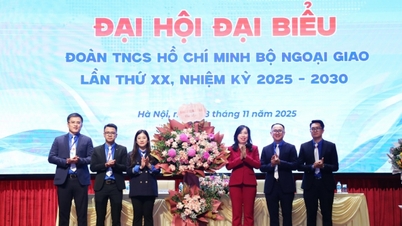
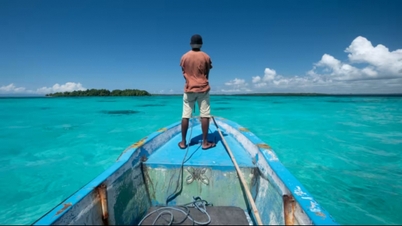
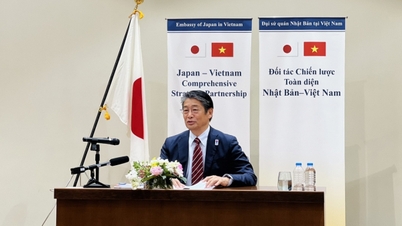















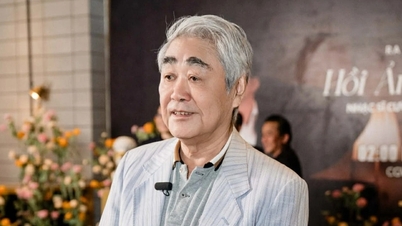






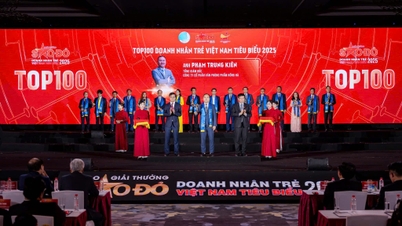

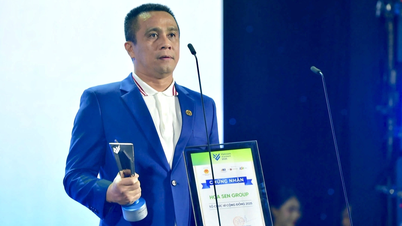


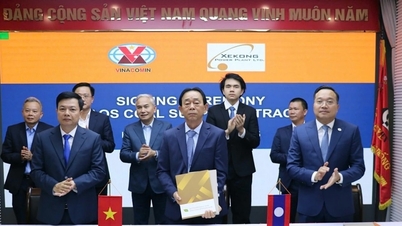

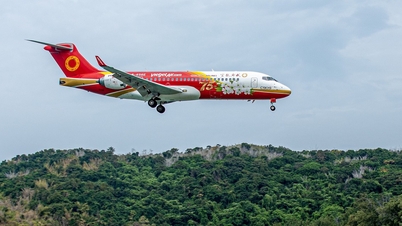

















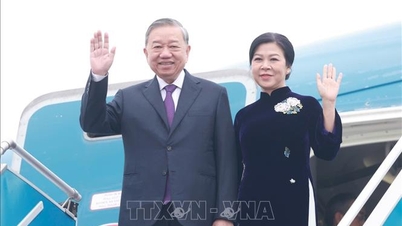


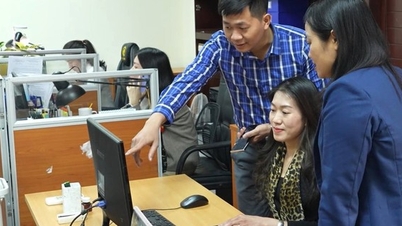
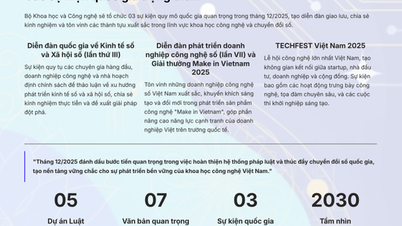


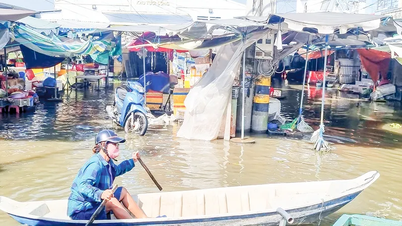



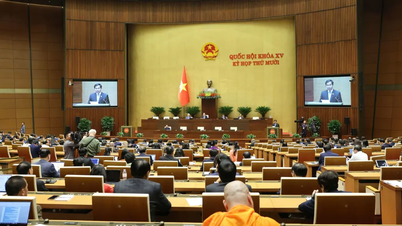

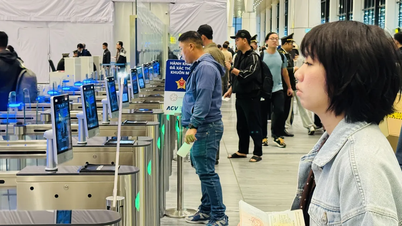
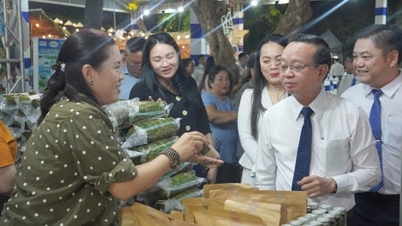












Comment (0)